As a DIY enthusiast and someone who has built several sheds, I know how important it is to choose the right materials for the job.
One of the most important decisions you’ll make when building a shed is choosing the right type of plywood or OSB for the floor.
In this post, I’ll discuss the different thicknesses of plywood that are suitable for shed floors and also touch on the types of plywood and OSB that are commonly used.
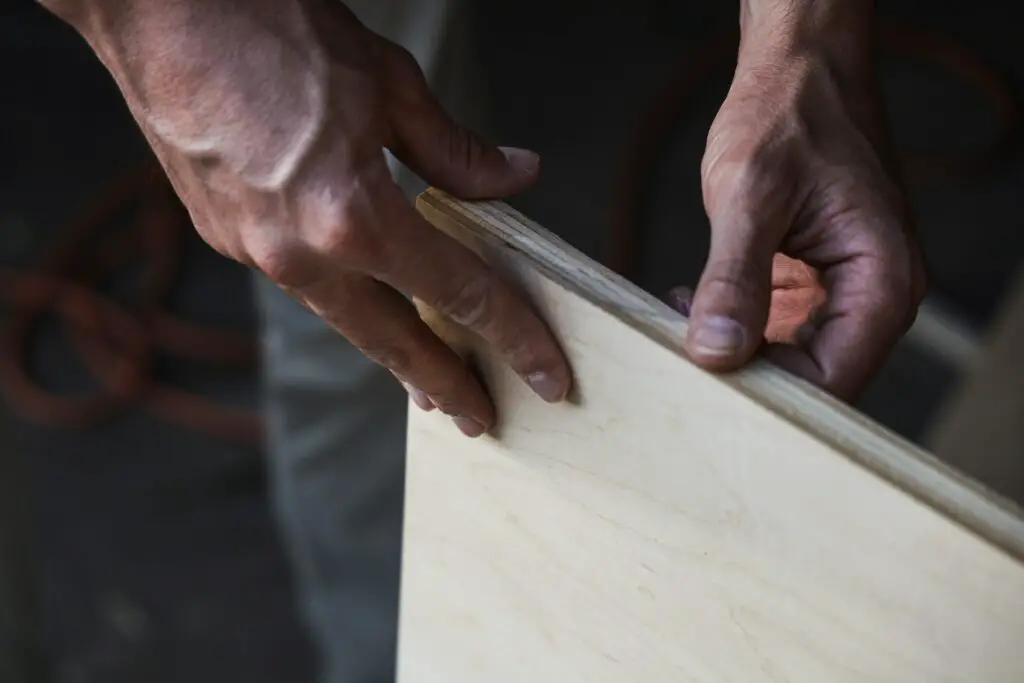
What Thickness Is Plywood for A Shed Floor?
In general, ¾-inch thick plywood is a good choice for a shed floor. This thickness provides enough strength and durability to support heavy objects while also being strong enough to handle foot traffic.
When it comes to choosing the right thickness of plywood for a shed floor, there are a few things to consider.
First and foremost, you need to make sure that the floor is strong enough to support the weight of anything you’ll be storing in the shed. This includes heavy equipment like lawnmowers or even a motorcycle.
You also want to make sure that the floor is sturdy enough to support foot traffic without sagging or flexing.
However, if you’re planning to store extremely heavy items like a car or tractor, you might want to consider using thicker plywood, such as 1 inch or even 1 ¼ inch.
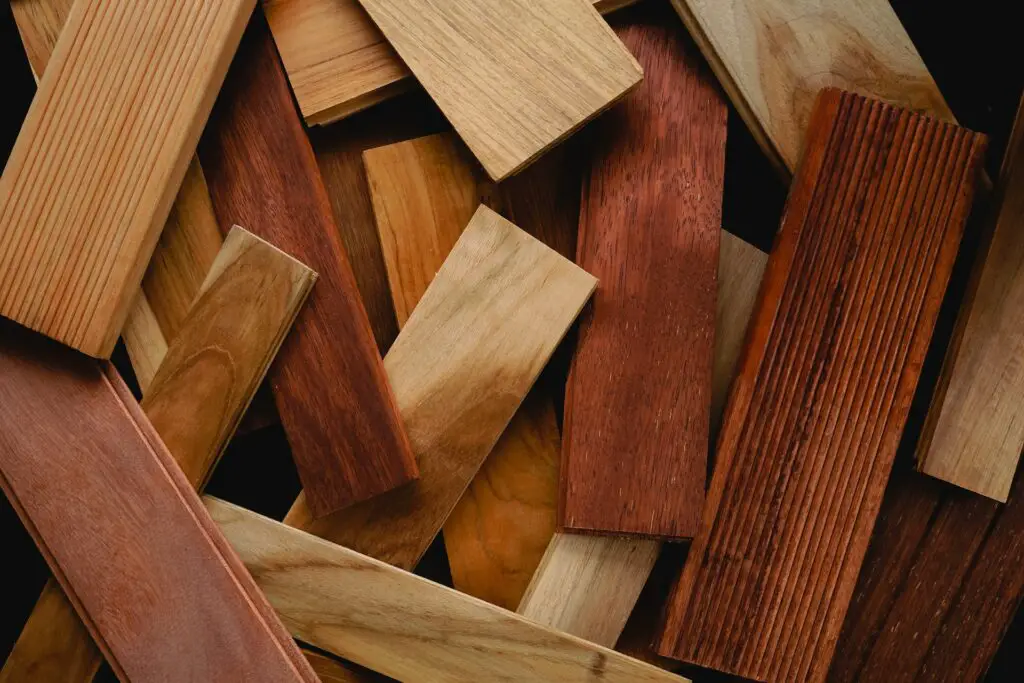
What Type of Plywood for Shed Floor?
When it comes to building a shed, the type of plywood you choose for the flooring is critical. Plywood is a popular choice for shed flooring due to its strength, durability, and affordability.
However, not all types of plywood are created equal, and choosing the wrong type can lead to problems down the line.
Let’s look at the different types of plywood for shed floors and the pros and cons of each.
CDX Plywood
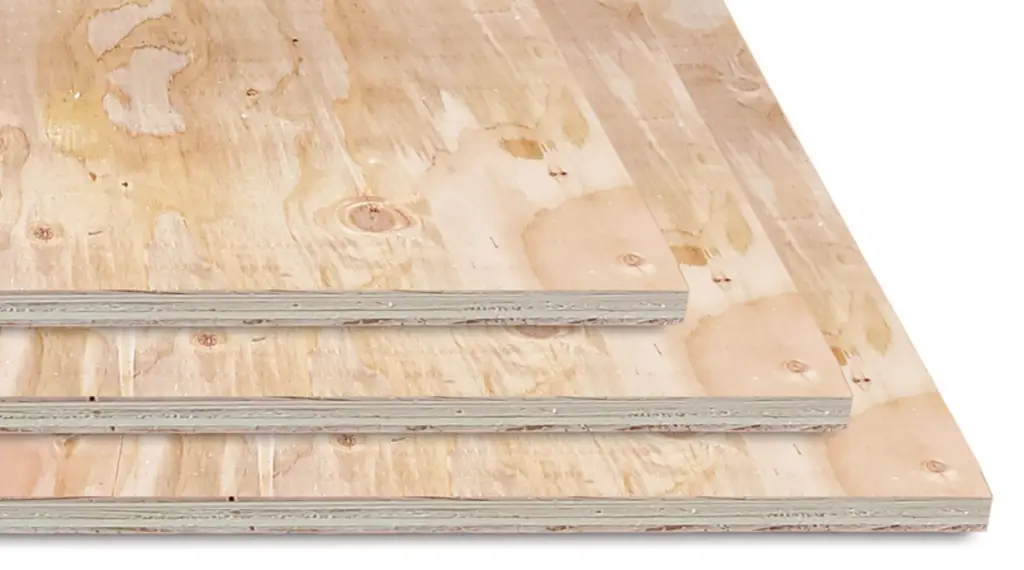
CDX plywood is the most common type of plywood used for shed flooring. It is made of multiple layers of softwood veneers, with each layer glued together in opposite directions to increase strength and stability.
The letters CDX stand for “C” grade face veneer, “D” grade back veneer and exterior glue. This type of plywood is affordable, durable, and resistant to moisture, making it an excellent choice for shed flooring.
Pros:
- Affordable
- Resistant to moisture
- Durable
Cons:
- Rough texture
- Contains voids and knots
Pressure-Treated Plywood
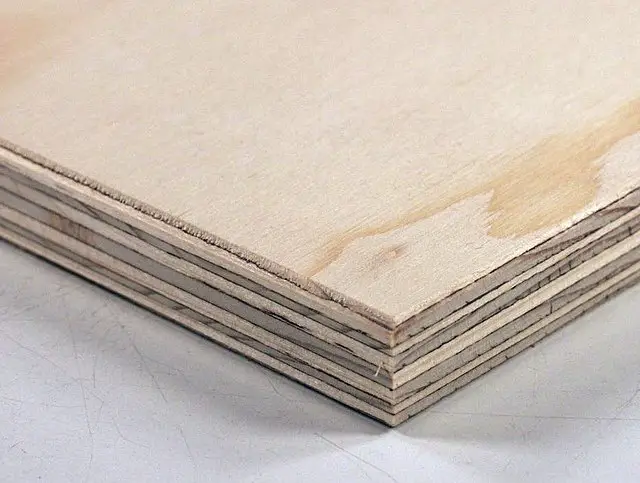
Pressure-treated plywood is chemically treated to resist moisture, rot, and insects. This type of plywood is ideal for shed flooring, as it offers superior protection against water damage and decay. Pressure-treated plywood is also relatively affordable and easy to find.
Pros:
- Resistant to moisture, rot, and insects
- Easy to find
- Affordable
Cons:
- Chemical treatment can be harmful to the environment
- May warp or twist if not properly installed
Marine Plywood
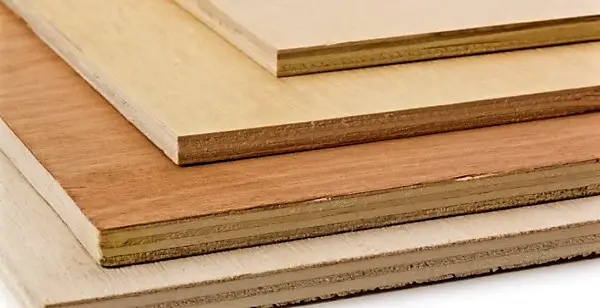
Marine plywood is a high-quality plywood that is specifically designed for use in water environments. It is made of hardwood veneers and is bonded with waterproof glue, making it resistant to water damage, decay, and insect infestation.
Marine plywood is the most expensive type of plywood on this list, but its durability makes it an excellent choice for shed flooring.
Pros:
- Resistant to water damage, decay, and insect infestation
- High-quality and durable
- Can be used in humid environments
Cons:
- Expensive
- Not widely available
OSB (Oriented Strand Board)
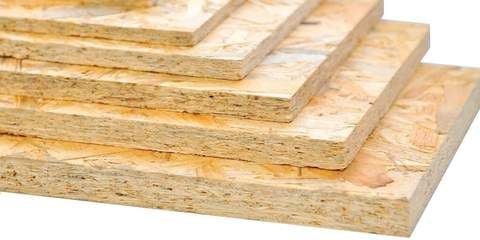
OSB is a type of engineered wood product that is made from compressed wood strands and resin. It is a popular alternative to plywood due to its affordability and strength.
However, OSB is not recommended for shed flooring, as it is more susceptible to water damage than plywood and may swell or buckle when exposed to moisture.
Pros:
- Affordable Strong
Cons:
- Not recommended for shed flooring due to susceptibility to water damage
- May swell or buckle when exposed to moisture
- May contain formaldehyde, a harmful chemical
What Thickness Osb for Shed Floor?
Another option for shed floors is oriented strand board or OSB. OSB is made from compressed wood strands and is often used as a more affordable alternative to plywood.
When it comes to choosing the right thickness of OSB for a shed floor, the same guidelines apply as with plywood.
A ¾-inch thick OSB should be sufficient for most sheds, but you might want to use a thicker board if you’re storing extremely heavy items.
Conclusion
In summary, when it comes to choosing the right type of plywood for shed flooring, CDX plywood, and pressure-treated plywood are both excellent options due to their affordability and durability. Marine plywood is the most expensive but offers the highest level of protection against water damage and decay. On the other hand, OSB is not recommended for shed flooring due to its susceptibility to water damage.
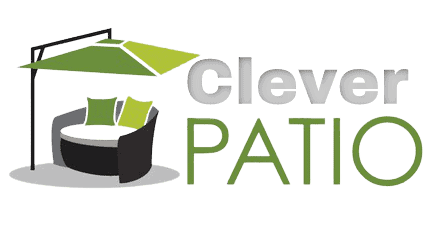
![What Gravel To Use For Patio Base [Best Options]](https://www.cleverpatio.com/wp-content/uploads/2021/11/What-Gravel-To-Use-For-Patio-Base-270x180.jpg)
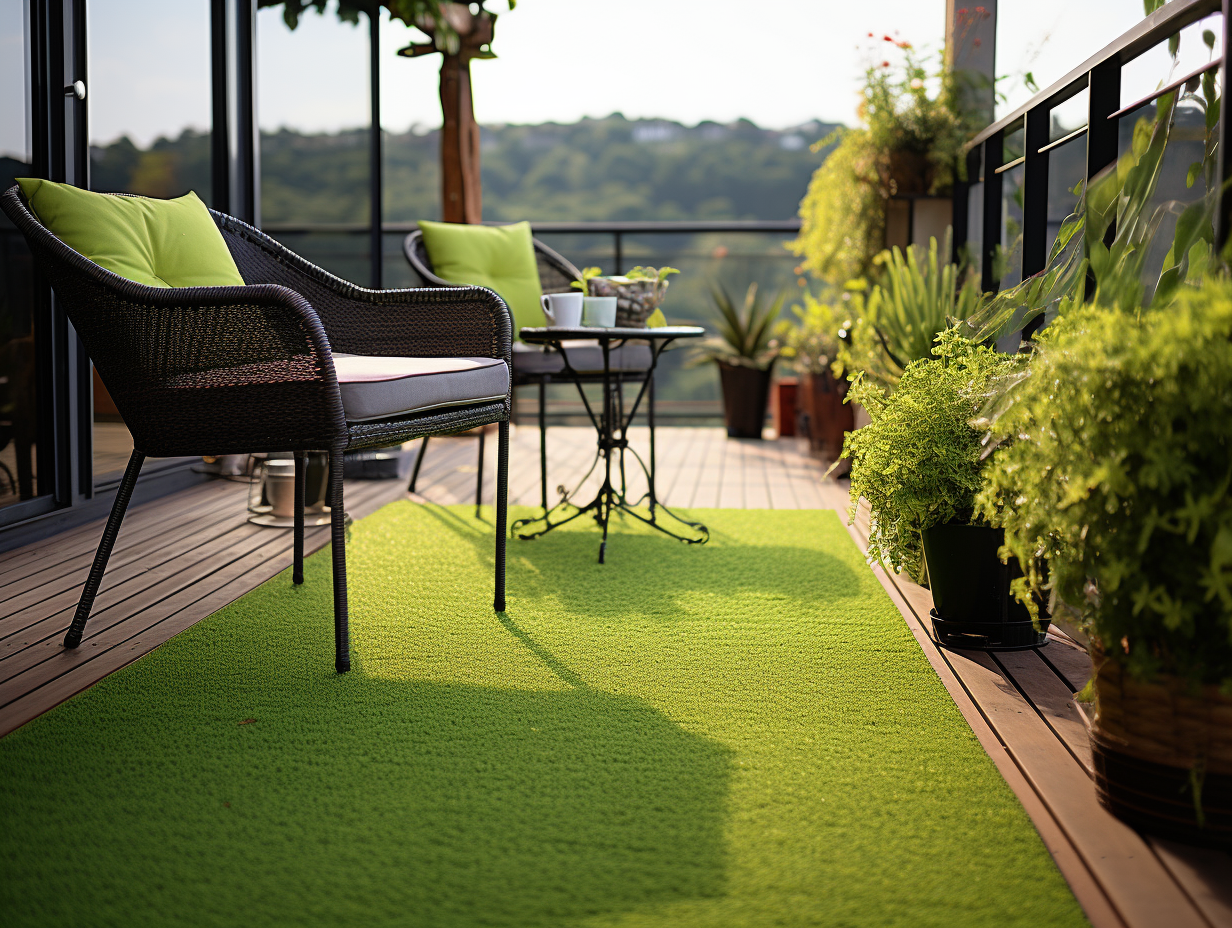
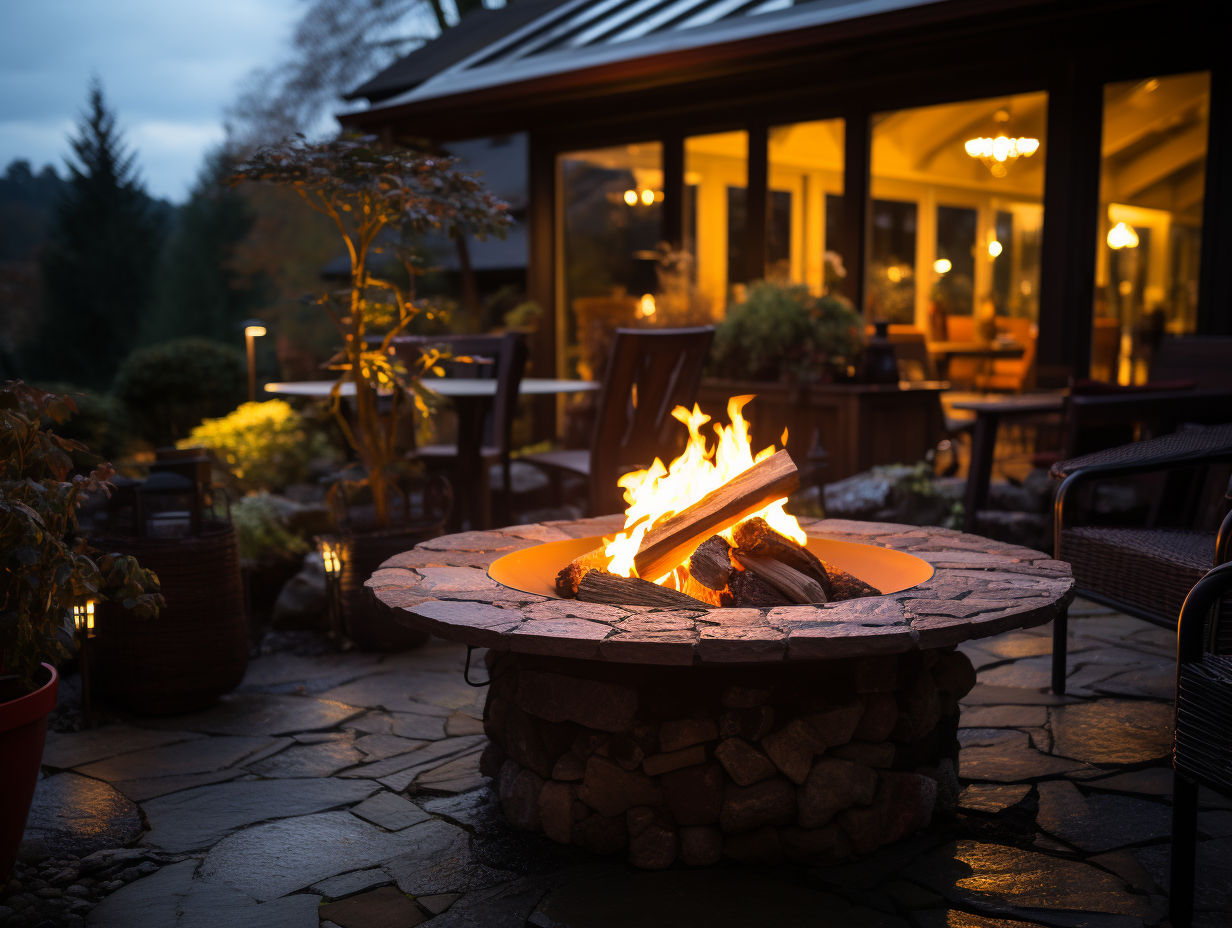
Leave a Reply